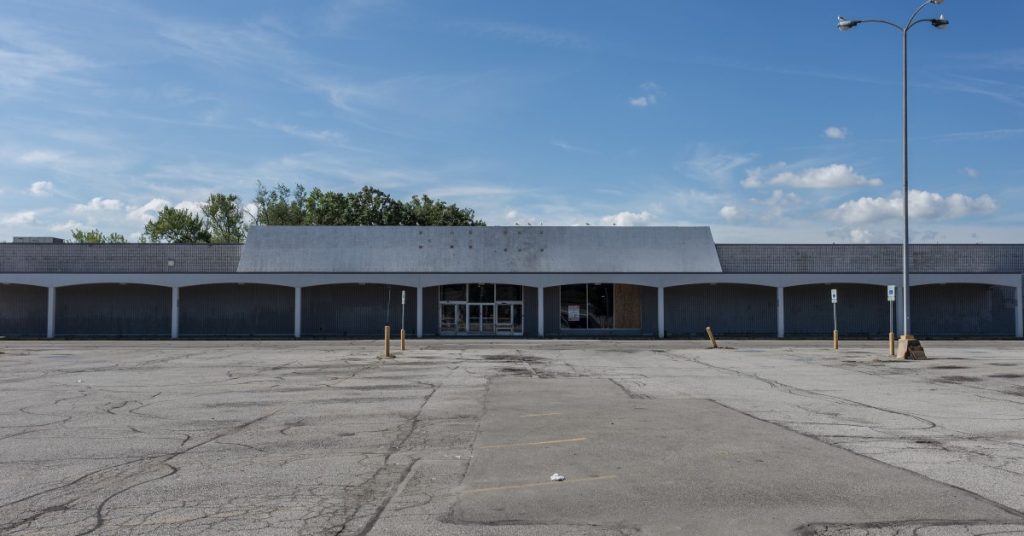Walmart, Lowe’s and others are pushing the dubious ‘dark store theory’ to manipulate property valuations and win tax cuts, leaving local budgets and other taxpayers holding the bill
The services, infrastructure, and amenities funded by property taxes increase our standard of living and help families and businesses plant deep roots in their communities. But large, multi-national big-box retailers are increasingly turning to a dubious tax scheme known as “dark store theory” to manipulate the system and get out of paying what they should.
Dark store theory was started in a handful of Midwestern states, where it has been used to slash local valuations by hundreds of millions of dollars. In Michigan, for example, dark-store appeals cost local budgets $100 million between 2013 and 2014. Now, corporations with hundreds of billions of dollars in combined annual revenue, such as Walmart and Lowe’s, are rolling out this tax avoidance method in Maine. If successful, it could lead to huge revenue losses for communities, where local budgets have already been stretched thin by a decade of underfunding from the state. Other property taxpayers will be left holding the bill.
Local assessors and other property tax experts report that appeals using dark store theory are on the rise in Maine. Big-box stores have had mixed success so far. But their deep pockets empower them to challenge assessments every year, pushing and prodding the system until a precedent-setting decision enshrines dark store theory in Maine, as has happened elsewhere in the country.
In this report, MECEP policy analyst Sarah Austin examines the way big-box corporations have pushed dark store theory across the nation and in Maine, reveals the scale and scope of their tax aversion efforts in Maine, and reports on the ways other states — and Maine — can fight back.




